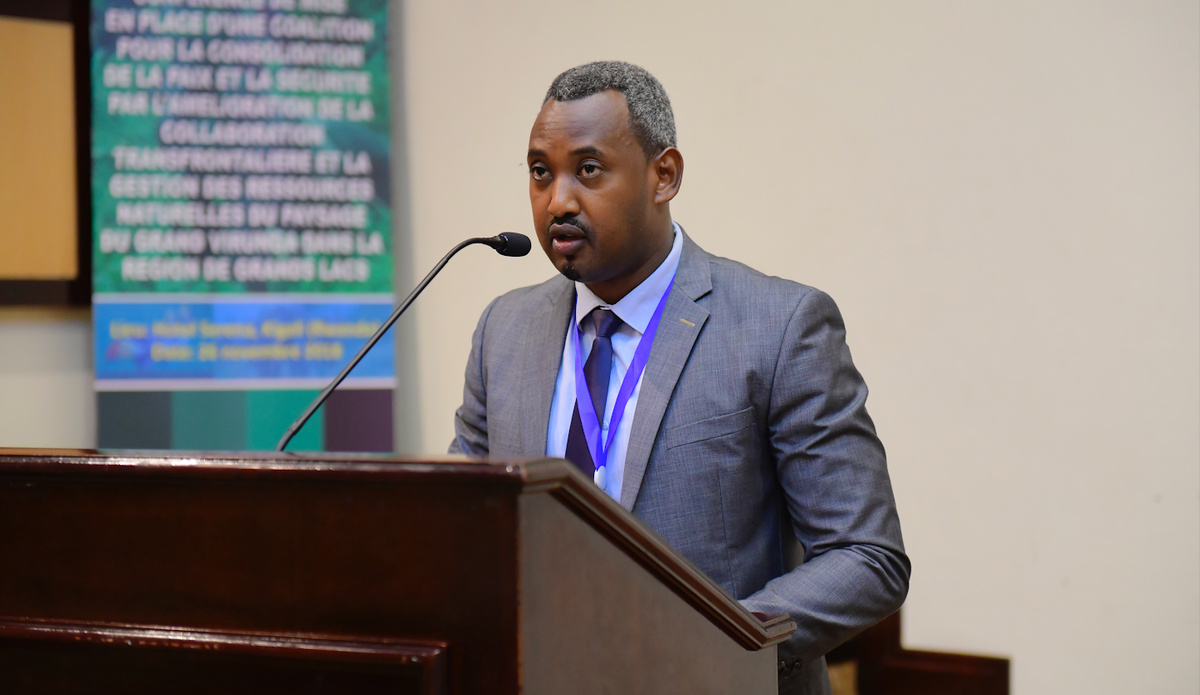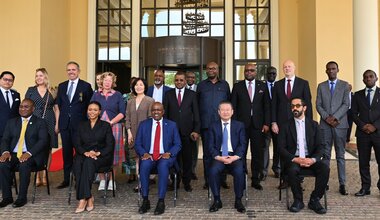Experts meet in Kigali, Rwanda, to find ways to end the illicit trade of natural resources in the Great Lakes region
Kigali (Rwanda), 27 November 2018 - The eastern part of the Democratic Republic of Congo (DRC) is one of the regions of Africa that continues to suffer from recurring cycles of violence and insecurity, negatively impacting on the stability of its neighbouring states. Due to the ongoing instability, several international and regional mechanisms and strategies have been put to test to provide lasting peace and security in the Great Lakes region, including the Peace, Security and Cooperation Framework for the DRC and the region and the United Nations Great Lakes Regional Strategic Framework.
It is also well documented that regions most affected by conflict are generally rich in natural resources. Eastern DRC is a prime example, being an area home to some of the rarest species of fauna and flora, as well as to some of the most sought-after minerals in the world. Rather than help advance the development of the DRC, these natural resources have been fuelling conflict in the eastern part of the country through illicit trade that has largely benefited the many armed groups in the area.
To address these challenges, experts meeting in Kigali this week agreed that a transboundary coordinated programme is needed to break the value chain of this illicit trade, and pave the way for sustainable peace and development in the region. The governments of the DRC, Rwanda and Uganda agreed on the principle of a transboundary natural resource management and coordination between states by signing the Greater Virunga Transboundary Collaboration (GVTC) treaty in 2015. The GVTC is a strategic framework aimed at enhancing natural resource management across borders, and promoting sustainable tourism, as well as dismantling the value chain of illicit trade.
The main purpose of this week’s conference is to establish a partners’ coalition for peace and security building through enhanced collaboration of transboundary natural resources management based on the GVTC Model.
Participants at the conference were drawn from the GVTC signatory states (DRC, Rwanda and Uganda), UN Funds and Agencies, multilateral and bilateral partners, and civil society organisations.
 UN
UN





